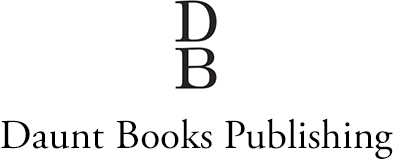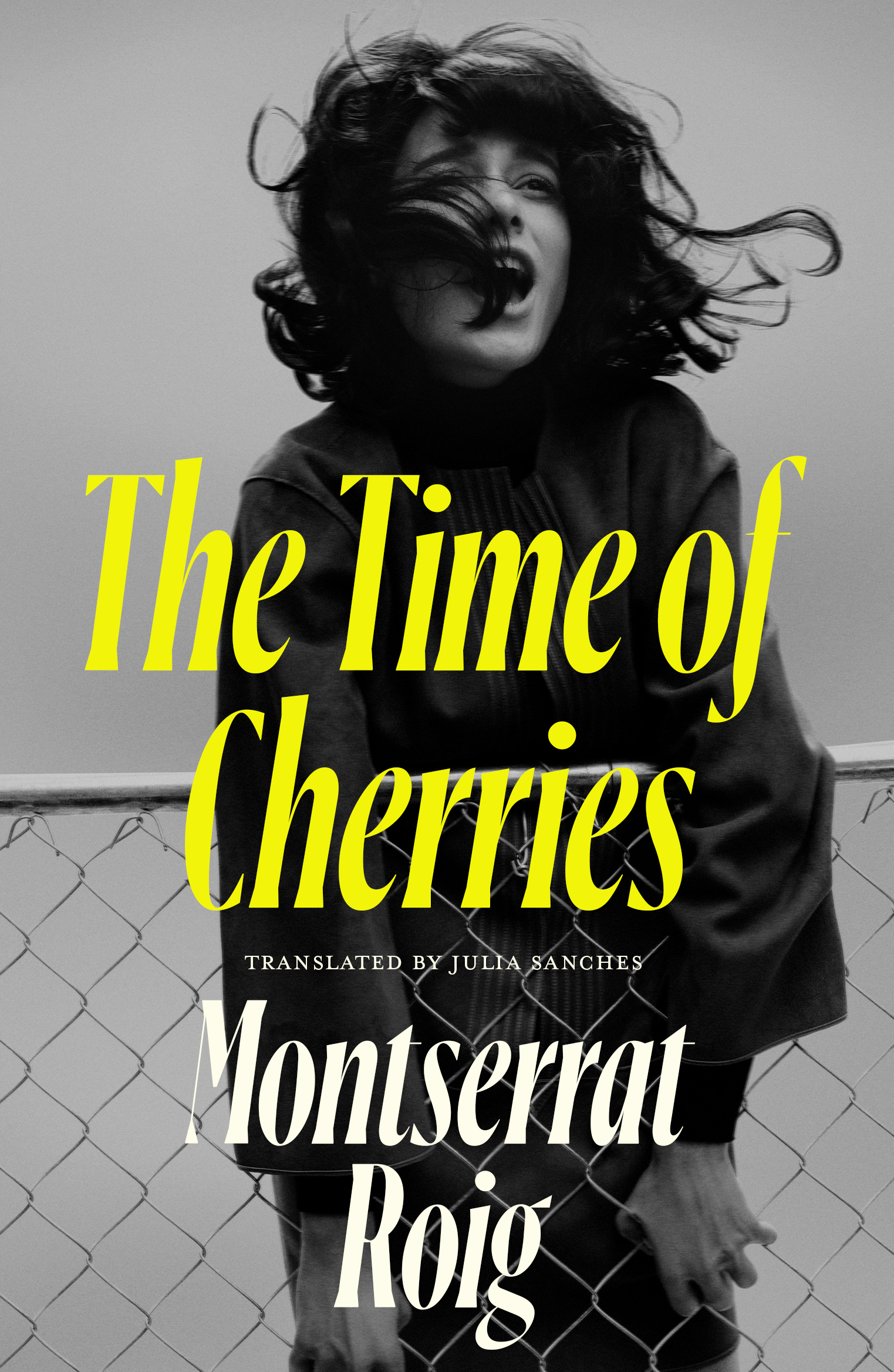
Still Life: Reading in isolation and solitude
Posted 20th March 2020
As part of a new series we’ll be running over the next few weeks, we asked our writers and translators to share the books they’re turning to right now. We wanted to know what they are reading – classics, new books, old favourites – and what else they are doing to mark time and keep going. Read on for the first set of entries. We will be adding more in the days to come.
Last Thursday I came down to visit friends near Sliabh Coimeálta in County Tipperary. Since then the world has gone into lockdown, so I’m staying here in the woodshed for a bit longer than I’d planned to. I’ve only got one book with me; the Selected Writings of Hildegard von Bingen, yet so replete is it with medievalist immanency, contemplative devotion and cosmic imagery that I think it’ll keep me going for some time to come. Hildegard was a Benedictine nun who lived from 1098 until 1179. When she was very small she experienced extraordinary visions of what she later described as ‘the reflection of the living Light’. She entered a monastery when she was fourteen, but it wasn’t until she was in her forties that she began to record her visionary experiences through music, art and writing. Her writing is intensely beautiful. What I have read of it so far presents a refulgent version of the creation based upon a series of deeply felt pictures. There is something profoundly fortifying about listening to the voice of a female visionary from almost a thousand years ago detailing and interpreting the birth of the cosmos according to her own startling array of mysterious images. In the Scivias she writes that she saw ‘a shining fire, unfathomable, inextinguishable, fully alive and existing full of life; with a flame the colour of air, brightly burning in the gentle breeze, and as inseparable from the shining fire as a human being is inseparable from his inner organs’. In a time when isolation, distance and constraints have suddenly and very rapidly circumscribed our daily realities, Hildegard’s impassioned and far-reaching words produce an abiding and welcome feeling of radiant spaciousness and warm receptivity in my psyche. A small white spark in shrouded days, and as vital as my kidneys. — Claire-Louise Bennett, author of Pond and the introduction to Happiness, as Such by Natalia Ginzburg
Reading now is certainly a solace, as is watching movies. I can’t take in anything overly dark, and I think that’ll remain true for awhile. The other night my husband and I watched The Heiress (directed by William Wyler and starring Olivia de Havilland), based on Henry James’ novel Washington Square. Only a little dark, and bitter, with a feminist ending. I liked it a lot. At the moment I am reading Lisa Robertson’s first novel The Baudelaire Fractal, newly out with Coach House Books in Toronto. In it, the narrator Hazel Brown discovers that she’s written the complete works of Baudelaire. I loved this novel immediately, from the first line. Here is another passage I like: ‘I was a girl because I had not yet decided on my destiny. But I had recognized something about its setting. Now I understand that I was haunted by the problematic ratios of sex and art, of anger and sadness. I’ve never solved them.’ Next I’ll read Robertson’s poetry book Cinema of the Present. — Amina Cain, author of Indelicacy
During this period of confinement and constant anxiety, work is what keeps me sane. Mornings are devoted to my new novel; afternoons and evening to reading books related to it. At the moment I am reading a lot of Mary McCarthy. I am about to finish The Company She Keeps, her first novel, and am stunned by her fathomless insight into her characters, her syntactical elegance and the ambitious architecture of the narrative. Next up, the first volume of her autobiography, Memories of a Catholic Girlhood. I am reading McCarthy in conjunction with her friend Elizabeth Hardwick. I love her essays so much. She is, to me, one of the finest literary critics of the past century. Throughout the day, there is a lot of music. I am obsessed with Céline Frisch’s new recording of Bach’s second book of The Well Tempered Clavier. Lively, thoughtful, with such a lovely sense of order – all needed qualities right now. At the end of the day, the whole family has a dance party. It is mostly punk bands these days. — Hernan Diaz, author of In the Distance
I read several books at once most of the time and now I am reading more than ever, and am discovering books on my shelves that I’d never read or forgotten were there. I’m in the middle of an orgy of George Gissing, a project connected with a memoir I’m trying to write, and can thoroughly recommend him as one of the most depressing writers ever. I’d read New Grub Street many years ago, but had never tackled The Nether World, which is relentlessly pessimistic in an exhilarating way. The rain, the dirt, the poverty, the hopelessness! It cheers you up. I’m making my way through the canon. He was the next most prolific 19th-century writer to Trollope, but I’ve read all of comfortable Trollope. As a break I am going to read Michele Roberts’ forthcoming memoir, Negative Capability, interspersed with bit of David Kynaston’s brilliant Modernity Britain, which shows me my own life as history. Good to get a perspective. — Margaret Drabble, author of The Dark Flood Rises and contributor to At the Pond
For now I’m finding it difficult to focus on reading; I spend so much time attempting to keep to my translation deadlines and to be in touch with everyone that I don’t feel like peering at any more letters. I’ve discovered Hozier an aeon after the rest of the world and listen to him on my walks. I got stuck into a jigsaw puzzle of an autumnal Yorkshire village and might re-watch the best TV series ever made, Black Sails. But there is, of course, a pile of books beckoning me: perhaps Mervyn Peake’s Gormenghast for the escapism and the surreal, dense prose, or Amrou Al-Kadhi’s Unicorn, or (finally, jealously) Lauren Elkin’s Flâneuse. But it also seems like a good time to just sit with the silence and the stillness. — Marta Dziurosz, translator of Things I Didn’t Throw Out by Marcin Wicha, forthcoming from Daunt Books

